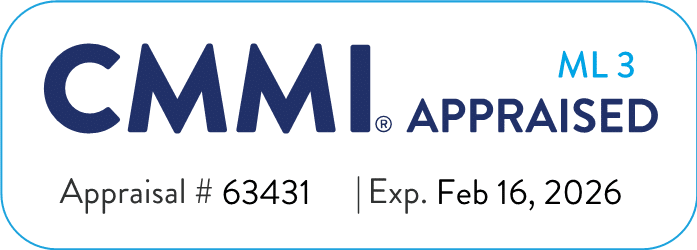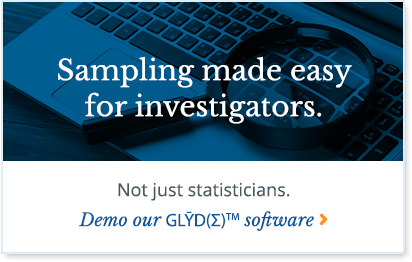In the ongoing effort to protect the Medicare program, deterrence stands out as a powerful and cost-effective strategy. While detection and enforcement remain critical, deterrence shifts the focus from reacting…
Medical Claim Review
Advancing Healthcare Claims Technology
IntegrityM partners with AI and machine learning developers to embed clinical, regulatory, and compliance expertise into the design and deployment of healthcare automation tools. As a trusted healthcare partner, we guide…
What Is Statistical Extrapolation and Why Does It Matter?
Extrapolation is a statistical method used to estimate values for an entire population based on a smaller, randomly selected sample. In healthcare audits, this technique allows auditors to review a…
We offer solutions…
We offer solutions as a trusted & reliable program integrity partner. With 30+ years of proven expertise, we deliver successful results for government agencies like CMS and the commercial sector….
IntegrityM Nurses on the Front Lines Against Fraud, Waste & Abuse
Did you know that nurses don’t just defend public health through direct patient care – they’re also crucial team members on the front lines fighting fraud, waste and abuse? Their…
Signs of Fraud in Payment Arrangements!
Fraud in Medicare Advantage often operates under the radar, but relationships or subtle patterns can reveal its presence. To uphold program integrity, look beyond obvious data anomalies and consider these…
How to Write an Effective Healthcare Fraud Investigative Report
A well-written healthcare fraud investigative report can help to identify and prevent improper payments – having a significant impact on individuals and organizations, including federal and state government agencies. The…
Red Flags: Fraud Schemes in Ophthalmology Services
According to the National Eye Institute, by 2050, the estimated number of people with age-related macular degeneration (AMD) in the United States is expected to more than double from 2.07…
Efficiently Evaluating “Big Data” for Medicare Fraud Detection
With over 2 billion Medicare claims available for analysis since 2006, the term “Big Data” has no better application than in the health care industry. The opportunity for meaningful analyses…
Five Things to Know About Federally Qualified Health Centers (FQHCs)
Federally Qualified Health Centers (FQHCs) provide primary care services to millions of people each year with limited access to care. Medicare Part B has covered FQHC services at certified FQHCs…
The Benefits of Statistically Valid Random Sampling and Extrapolation for Health Care Audits and Investigations
When performed correctly, statistically valid sampling and extrapolation can be a powerful tool, allowing for the effective use of audit and investigative resources. Statistically valid sampling allows organizations to collect…
A Guide to Building a Robust Medical Review Team
Constructing a solid medical review team requires the successful networking, staffing, management, and ongoing support of the clinicians and the support team. The Significance of a Solid Team Medical review…
Demystifying Medicare Prepayment and Postpayment Claim Reviews
Medicare and other health plans have a variety of tools at their disposal to prevent and identify improper payments. The tools can differ depending on whether they are applied before…
Improper Payments Elimination and Recovery Act: Identifying and Reducing Improper Payments
Each year, the Federal Government makes billions of dollars in improper payments. Improper payments can take the form of overpayments, payments to the wrong person, or payments for the wrong…
Ambulance Billing Fraud and False Claims
Medicare ambulance claims, just like everything involved with Medicare, must meet certain requirements to be considered valid ambulance transport claims. The main factor is the transport must be considered “medically…











